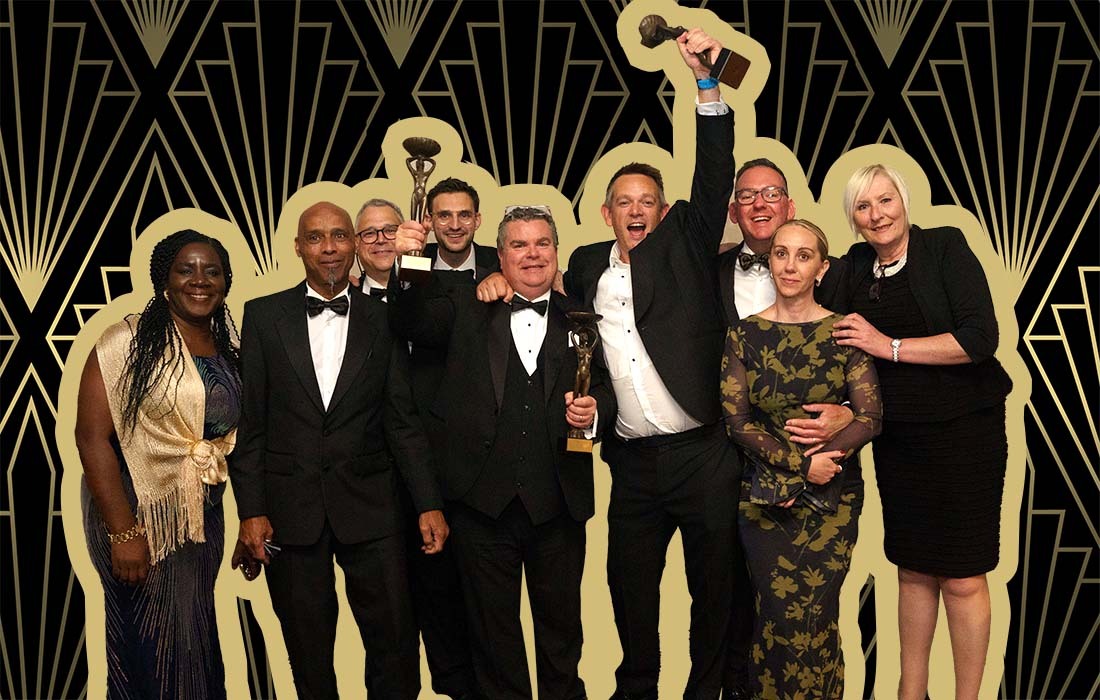How to… keep a business partnership when going through a divorce
Couples who own a hospitality business together need legal advice if they want to carry on running it with each other, says Paul Hunt
The process involved in untangling two lives during a divorce is an incredibly difficult and painful one, but the complications involved are vastly magnified if the divorcing couple also own a business together.
In the hospitality industry, where many couples jointly own a business and have poured years of hard work and energy into building it up, this is a particularly relevant issue.
Most couples who divorce shut the door on any shared ventures, but it may be that you and your spouse have a shared passion for the business and are determined to keep going.
In this rare scenario, your solicitor will normally draft a shareholder's agreement for you and your spouse, granting each of you50% ownership in the company. This should also include a buyout provision should the business ultimately must be divided.
While you're going through divorce, feelings can run high and tempers can fray. Try and keep things civil and avoid saying things in the heat of the moment that could have long-standing, harmful repercussions for the future of your business and family life.
Six ways to ensure a personal break-up doesnât damage your business
(1) Present a united front to customers or guests â" they will back off if the atmosphere is too toxic or if they think youâre a sinking ship. Never take out your feelings on the staff, or try to rally support and get them to take sides. Obviously they will find this extremely uncomfortable andit could result in a loss of key personnel.
**(2) **Many of us try to compartmentalise our lives, but there is inevitable leakage. Divorce is one of the most stressful experiences life can throw at you. In order to try and combat this somewhat, create divisions between legal, financial and emotional issues. This will help you not to blur the lines between familial issues and workplace problems. In order to stay at the top of your game and keep your business running as successfully as possible, you need to stay focused and deal rationally and dispassionately with the day-to-day running of your business.
**(3) **Hiring a mediator with a financial background can be helpful â" particularly in the early stages of a divorce. They will provide an unbiased, professional sounding board for issues which you and your ex-partner are going through. They will be able to provide a helpful perspective on any issues you might be experiencing, and will help you set the course for a positive working relationship together.
**(4) **If you can, itâs a good idea to take a break after the divorce initially goes through to allow emotions to die down and give both parties a chance to recover from what is a traumatic process, no matter how amicable the split has been.
**(5) **As you redefine your relationship and create barriers between your work and personal lives, itâs wise to clearly outline your roles and responsibilities at work. This will ensure you donât end up micro-managing each other, leading to emotional interactions which can be damaging for the business.
**(6) **Redefining company ownership and drawing up new partnership agreements are also sensible steps to take. These should give each party the option to leave the business in the future as it changes. It should also reflect the level of responsibility and input each party has. This is a complicated area and sound legal advice will help both parties.
Paul Hunt is senior associate at Kirwans


















